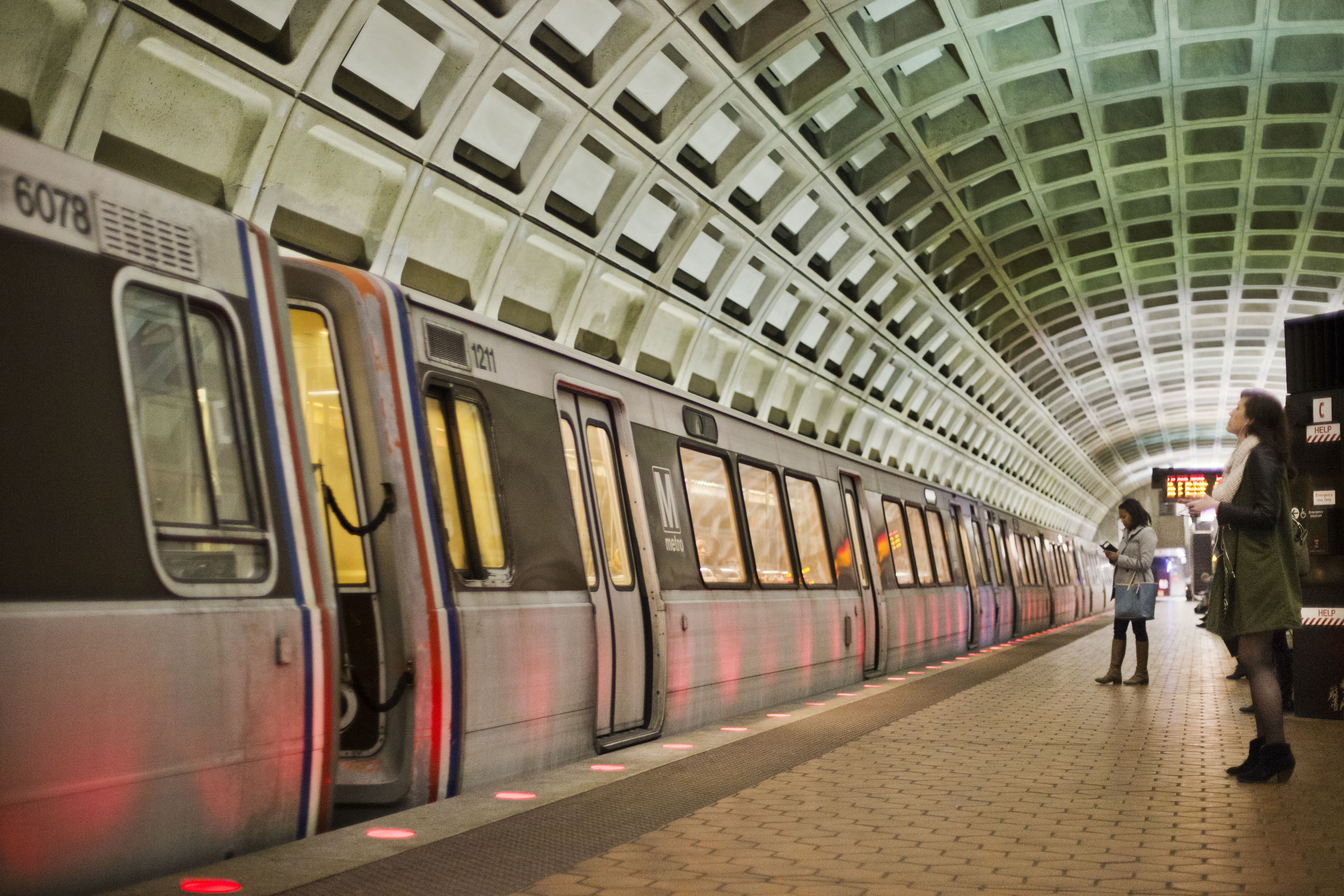WASHINGTON — The National Transportation Safety Board recommended Wednesday that a federal agency assume safety oversight responsibilities over the beleaguered Metro system.
In an urgent recommendation, the NTSB asked the federal Department of Transportation to place Metro under the oversight of the Federal Railroad Administration.
This means a different set of inspectors and standards will apply to Metrorail. It’s an unusual move — generally, the railroad administration doesn’t oversee subway systems, only overland railways. Congress would have to pass a law reclassifying Metro as a commuter rail network for the commission to assume oversight.
“Metro frankly needs help on the operational side,” says Rep. Gerry Connolly, D-Virginia, the senior member of House Committee on Oversight and Government Reform. “I think that’s a very important message.”
NBC Washington’s Adam Tuss tells WTOP that the move will mean “stricter, tighter enforcement of rules and regulations.” He called the move “a first of its kind” and “a huge step … Certainly one that riders, I assume, would welcome.”
The NTSB said safety oversight of Metro had not improved since a 2009 derailment on the Red Line killed nine people.
“Without adequate oversight, accidents and incidents will continue to place the riders of the (Metro) system at risk,” NTSB chairman Christopher Hart wrote in a letter to Transportation Secretary Anthony Foxx.
A Transportation Department spokeswoman, Namrata Kolachalam, said the agency is exploring options to increase federal oversight of Metro and would consider the NTSB’s recommendation.
Metro is currently overseen by the Tri-State Oversight Committee, which critics have called ineffective in light of a series of serious safety lapses on Metro, most notably a smoke event that killed a woman near the L’Enfant Plaza Station in January, as well as a derailment of an empty train in August that snarled three rush hours.
The Tri-State Oversight Committee develops programs for Metro’s safety and security, investigates accidents, requires Metro to develop plans to address problems and oversees their implementation. It doesn’t, however, have the power to enforce its requirements and findings with fines or civil actions.
“While today’s recommendation is not directed to WMATA, we are continuing to work every day to address recommendations we have received previously from the NTSB and other oversight agencies,” Metro Interim General Manager Jack Requa said in a statement. “We welcome the support we have received from all of our oversight agencies and regional partners, as we work on our common goal of improving safety for WMATA’s customers and employees.”
Currently, the Federal Transit Administration can withhold up to 5 percent of the grant money it gives Metro if the agency decides that the system hasn’t complied with oversight committee findings.
Federal authorities would have “more teeth to enforce penalties against Metro,” Tuss says. “Where the current oversight group wasn’t able to really get in there and enforce a penalty, the federal government would be able to get in there and make real change.
“For all of Metro’s history, that’s really been the key thing: Who’s gonna be the group that’s able to go in there, shake things up and make a change,” Tuss adds.
Metrorail is one of the most heavily used transit systems in the country and is considered the nation’s public transit system because it serves thousands of government workers and tourists visiting the nation’s capital each year. The rail system is still working to address problems identified after the 2009 derailment.
The proposed change is not “a final thing,” Tuss says, but he adds that an urgent safety recommendation from the NTSB “carries a lot of weight” and that the railroad administration “is willing to accept this challenge.”
At this point, however, it’s unclear if federal oversight could mean anything for daily Metro riders.
“I don’t believe that any one recommendation is gonna make some dramatic difference,” Connolly says. “But I do believe that this is a helpful recommendation in trying to put the oversight of Metro in a place where there is operational expertise.”
Read the full NTSB recommendation below.
WTOP’s Andrew Mollenbeck and The Associated Press contributed to this report.
National Transportation Safety Board Safety Recommendation







